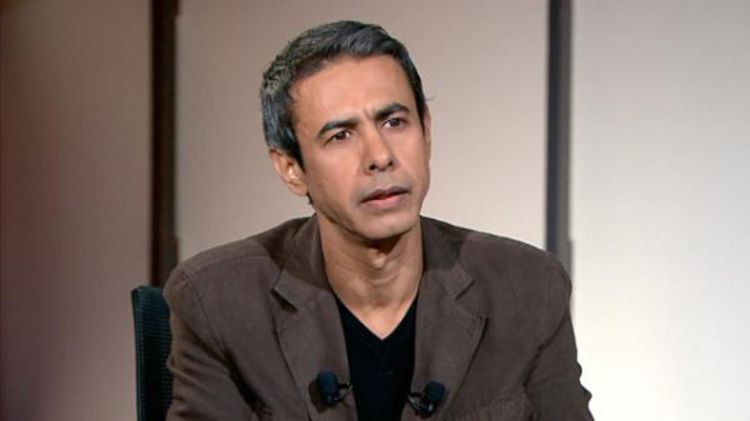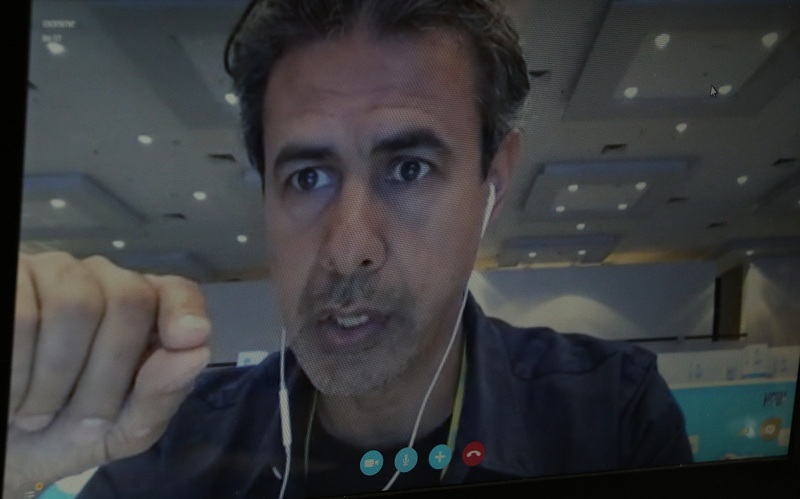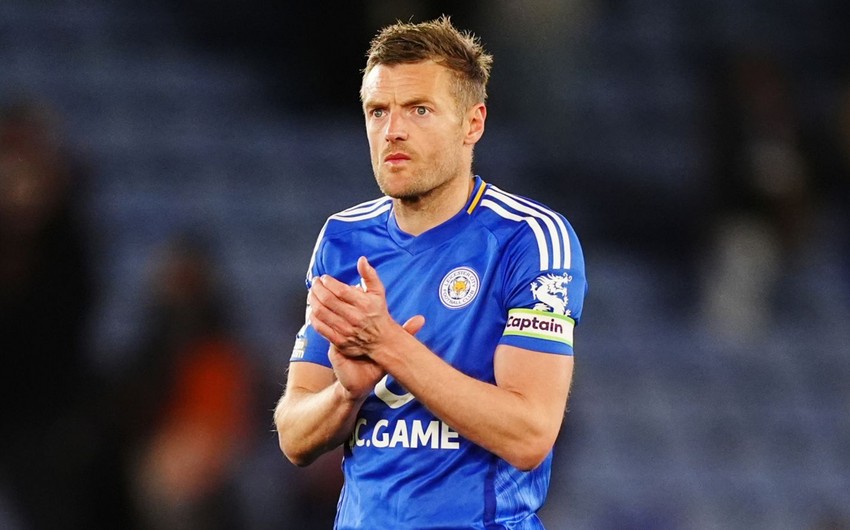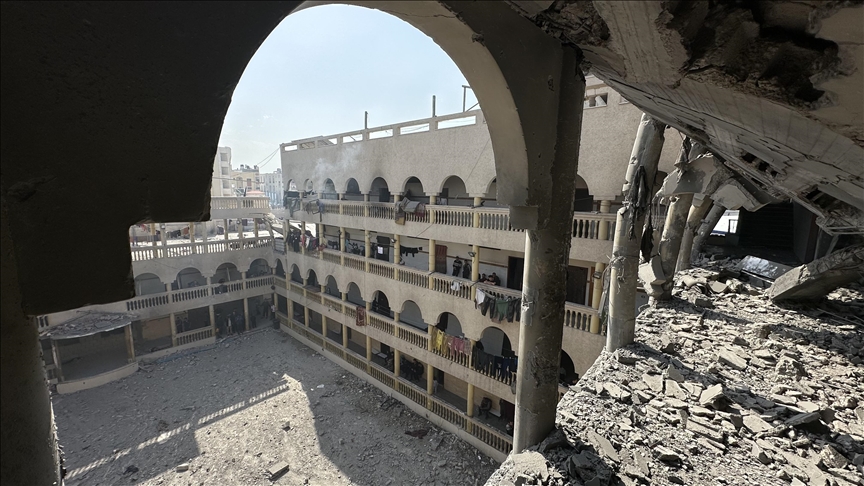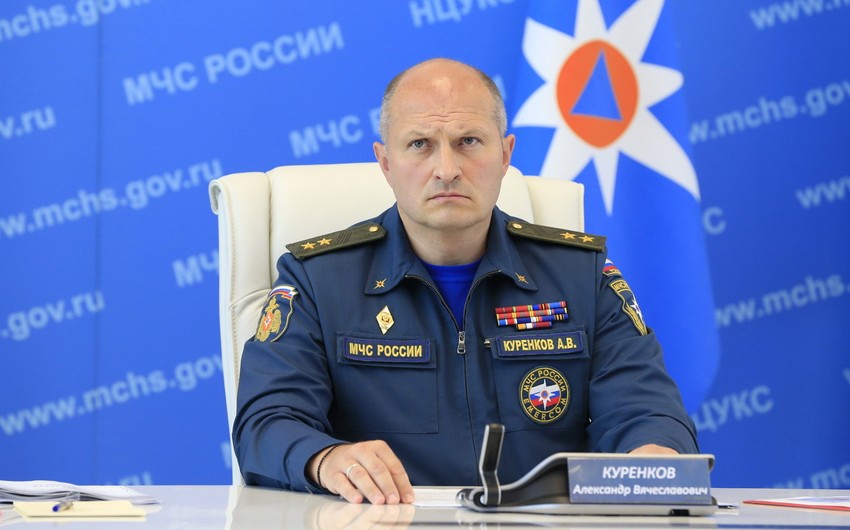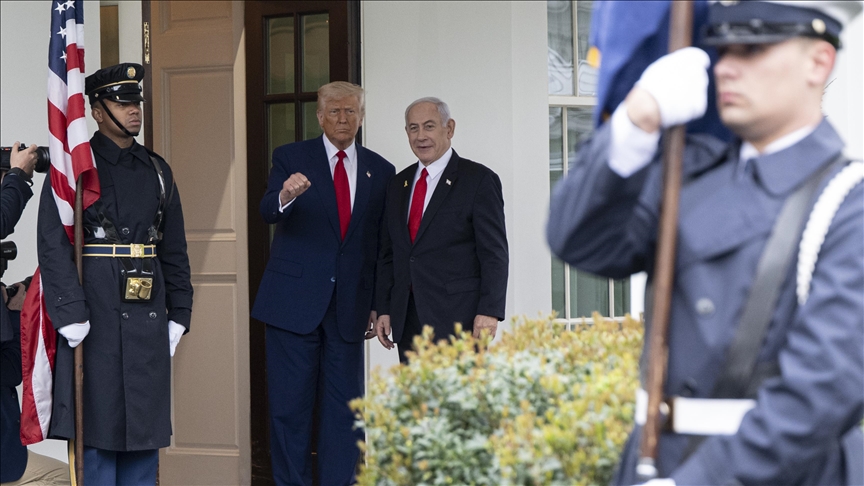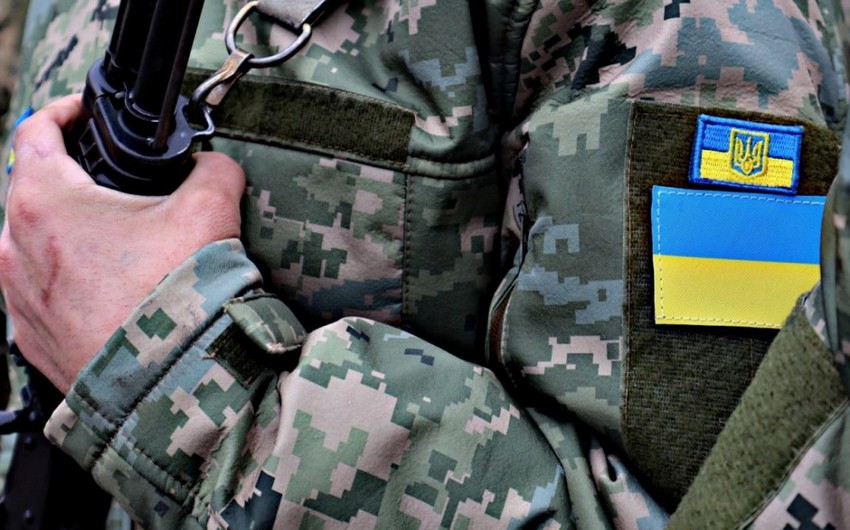Eurasia Diary talked exclusively to Baker Atyani, a veteran journalist, covering conflict zones in Asia for the past 16 years and is an expert on militant groups in Asia. Baker Atyani commented on current conflict zones in the world and recent escalation in Nagorno-Karabakh.
Baker Atyani was the last journalist to interview Osama Bin Laden before 9/11. He has produced numerous documentaries, articles, and investigative stories and He has been honored by MCF with "Exceptional Courage in Journalism" award.
Eurasia Diary: - As the last journalist to interview Osama Bin Laden prior to 9/11, surely, for our readers it is interesting to know how is that to talk with a such figure?
Baker Atyani: - The interview took place in 2001, just eight weeks before the 9/11. I conducted the interview in the Gandahar city of Afghanistan. In fact, I was contacted by al-Qaeda followers that their leader is interested in the interview. No doubt that the interview took us a few months to arrange and get prepared because it is not an easy task. Upon my editor’s approval we started to the preparations. I want to mention that the most important thing in this interview was one thing that he and his followers said that in upcoming weeks there will be a big surprise as "we are going to attack either American or Israel". That was a clear alert that they are getting prepared for the 9/11.
.jpg)
E.D: - We have read the story of you being kidnapped by so-called Filipino Islamist group. This is an extra courage. How would you comment on this?
B.A: - There is a certain price for trying to get a truth. I have paid a really heavy price for myself for trying to find the truth as a journalist. We, the journalists, must be more calculative while we go for any kind of mission as the situation these days is very complicated and some regions are, especially risky. In Syria for example, you can be targeted either by regime or by the militants. Journalists should think about how to come up with the truth and be safe at the same time.
.jpg)
E.D: - As you have mentioned above there are lots of conflicts ongoing in the world and the number is rising every passing day. Why can’t international organizations and ‘big’ powers reach any solutions?
B.A: - Speaking in a general terms, international players won’t act unless there is an interest. In the case of Syria there was no interest for the international community to move and end this conflict for the past three and a half years. They have moved when they felt the danger reaching them. We have seen Russia, followed by Turkey and the U.S. being involved into the conflict, upon a calculation of their state interests.
This is absolute: International community won’t move forward for the humane basis to bring peace. Unfortunately, an ugly truth is that the international community is doing hypocrisy based on their interest.
E.D: - One of these conflicts has been unfrozen recently, the Armenian-Azerbaijani Nagorno-Karabakh conflict, which according to many experts until 12 days ago, was a frozen one. What do you think about the resolution of this conflict?
B.A: - In the case of Nagorno-Karabakh, we can compare it with the other conflicts happening around the world. The interested countries could create a situation in the area for an aim of pressure on a country to get some political interests. There is no goal of bringing peace and stability, but the interests. No one will come to save you but everyone is coming to see what their interests are.
If there is a country like Armenia continues pursuing the interests or other countries go on pressuring on Azerbaijan, there might be situation of constant rising of tensions in Nagorno-Karabakh.
The neighboring country is supporting one side not because they are at the same page with that country but because they have some interest. There are countries in the case of Nagorno-Karabakh supporting Armenia and at the same time, there are some countries on the side of Azerbaijan who has a linkage related to conflict regardless of whether they accept it as an ethnic based conflict or territorial one. It is all about bringing beasts into the scene.
E.D: - One of the mostly discussed conflicts in the world agenda nowadays is the Syrian one. How would you evaluate the current status of the conflict? What is going on in Syria right now?
B.A: - What is happening in Syria is that everyone has now realized: “There is no other opportunity for us to win this war militarily.” All parties to the Syrian conflict understood that they should really talk and negotiate. It might take a long time but it is the only way to reach any solution. The war was very ugly and bloody; lots of innocent civilians were killed. That is why it will take some time to come to a conclusion or a solution, but it is very clear now for everyone that solving the Syrian question only comes by sitting and talking to each other.
E.D: - As an expert in military groups can you provide our readers with more detailed information on who are the sides currently involved into the fighting?
B.A: - It is really difficult to name the exact groups, but what we know is that we have the Syrian government on one side headed by the president Bashar al-Assad. On the other hand, there are certain groups opposite to the one of government, and those carrying the gun for the people of Syria including some sectarian groups and so-called Islamic opposition groups. Some of these are classified internationally as terrorist ones.
What we have seen right now is that all the oppositions created kind of an alliance to negotiate with the regime in Damascus except few which are classified as internationally terrorist groups.
There are, certainly some international actors involved in this game, players such as, Iran, Russia, Turkey and Saudi Arabia, including the U.S. Unless these major players are positively involved for a sole aim, I don’t think we would see a very near solution for this conflict. I believe, the problem in Syria is more of an international intervention at this stage.
Interview conducted by : Fatma Alakbarova

